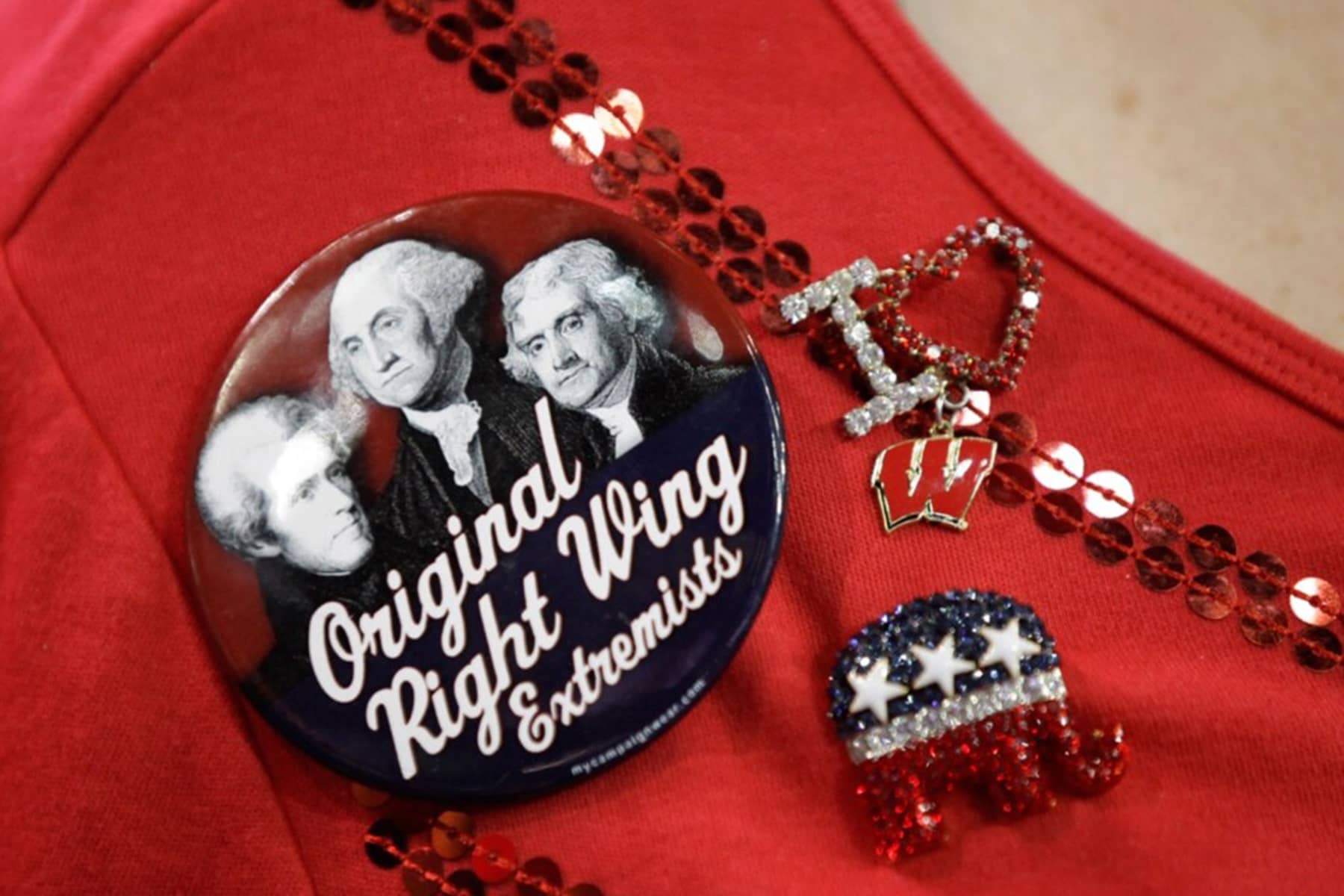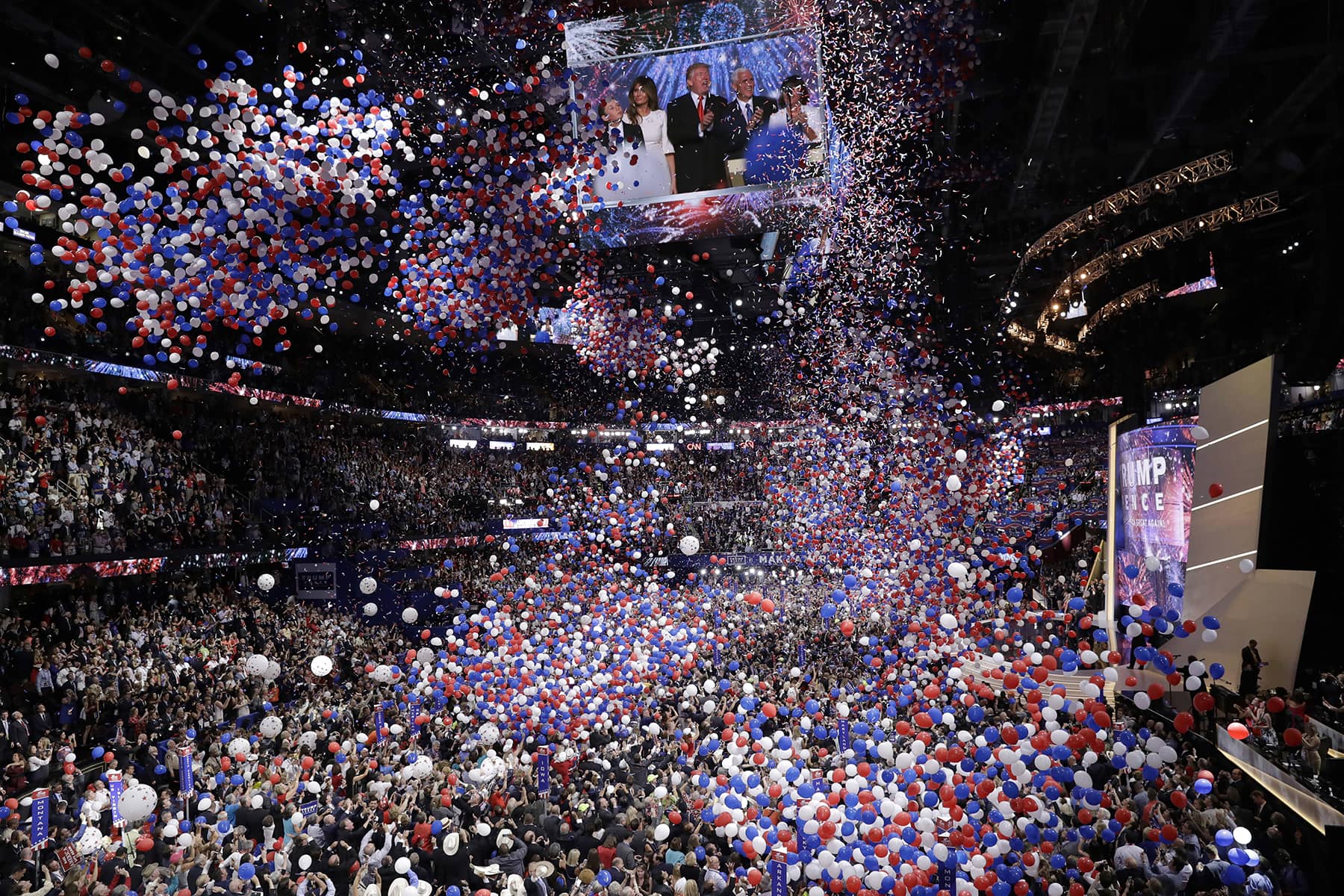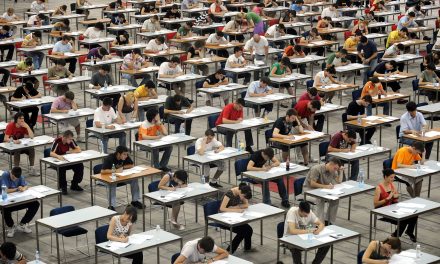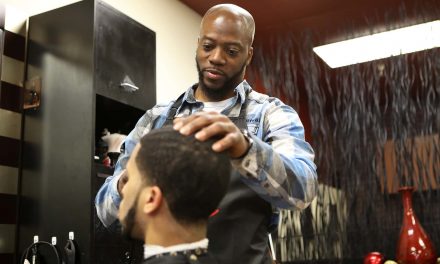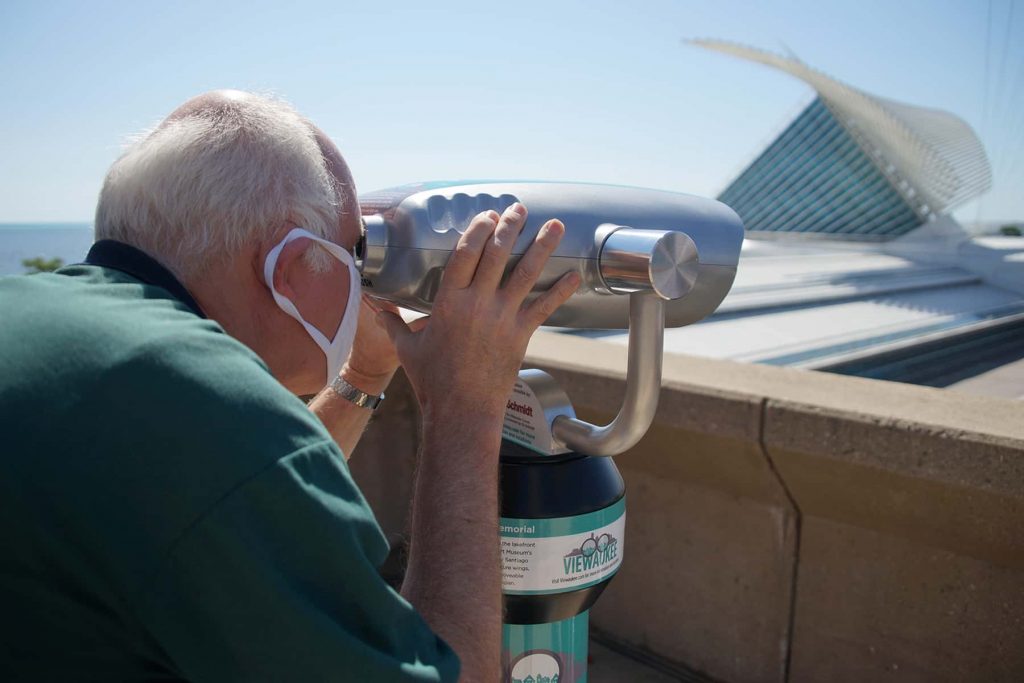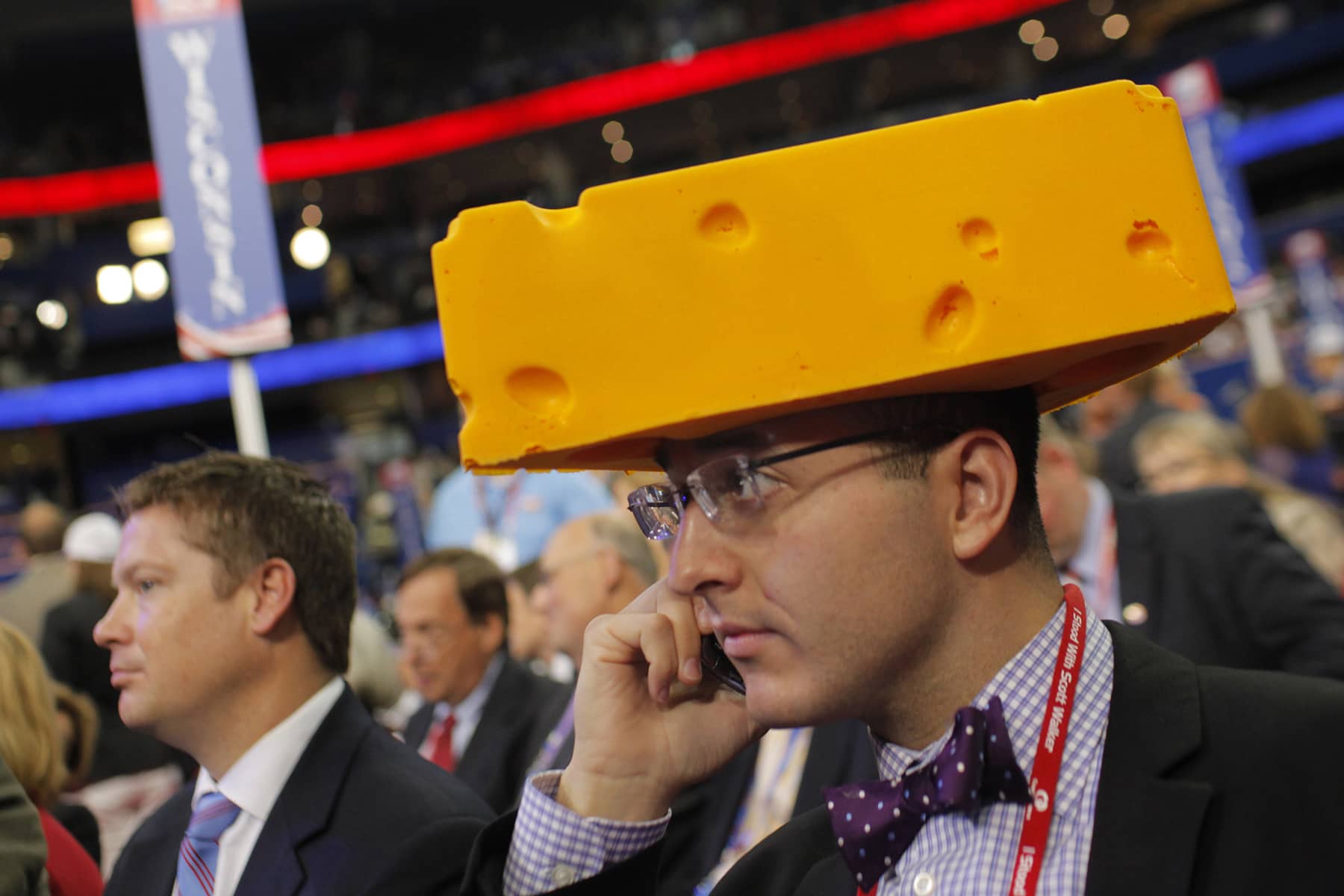
In 2024, the city of Milwaukee could get a second chance to host a national political convention and to reap the economic benefits that almost always come along with such events. Nearly two years ago the city’s convention dreams were dashed when, after Milwaukee won the chance to host the Democratic National Convention (DNC), the whole event went virtual, swallowed by the COVID-19 pandemic.
Now the city is a top contender to host the Republican National Convention (RNC) along with one other finalist, Nashville, Tennessee. Were Milwaukee to be chosen, hosting the convention would bring multiple dimensions of exposure. Not only would the city’s hotels, bars, and restaurants enjoy a surge in business but Milwaukee, for a time, would be the center of national media attention.
When he was still acting mayor in February, now elected Mayor Cavalier Johnson underscored his convention ambitions. “I want the eyeballs of the world to be on our city,” he said.
Although the experience of hosting the DNC proved to be underwhelming, it has also given the city an edge. Preparing for the DNC took a lot of logistical planning, across multiple sectors of city and county government. Often the resources that pour into convention host cities linger for years to come.
“The city did extensive planning for the Democratic National Convention in 2020, and those security plans, the transportation plans and the housing plans all provide a solid foundation for planning a future major convention,” said Jeff Fleming, communications director for the new mayor.
Johnson is not alone in his enthusiasm. Christopher Bonds, a legislative aid to state Senator Lena Taylor (D-Milwaukee), noted that Taylor “is EXCITED for the convention.” Bonds said, “the city will benefit economically and she encourages all national conventions to consider Milwaukee as a location for their event.” State Representative David Bowen (D-Milwaukee) also recognized the opportunity presented by hosting the RNC.
“Any time Milwaukee gets a chance to be highlighted on the national stage we should take every opportunity to [show] that Wisconsin’s largest city is a great place for folks to travel to,” said Bowen, adding that he looks forward to the nation learning that Milwaukee is a city of opportunity and hardworking citizens.
Still, Bowen said he understands how some people might be apprehensive about what sort of messages the RNC might broadcast from Milwaukee. Politics have only become more divisive since the 2020 election and the protests that engulfed cities after high-profile shootings by police. Many Wisconsin Republicans still haven’t let go of the discredited belief that President Joe Biden should not have won and that the election was stolen from Trump through voter fraud.
Even in Milwaukee, some elections commissioners received threats, and accusations of being involved in voter fraud. In late March Claire Woodall-Vogg, the Milwaukee Election Commission director, tweeted that “should MKE host the RNC, you will find me working remotely out of state that week, lest I be hung in the town square like some have threatened.” During the 2020 presidential election, Woodall-Vogg received voicemails with those very threats. However, in later statements to local media Woodall-Vogg said the tweet was a joke.
Though she remains vigilant for herself and her staff, the commission director said she supports the RNC coming to Milwaukee. Flemming called the social media post “a failed attempt at humor. The administration did not find it amusing.” Johnson has made it a top goal to improve Milwaukee’s relationship with the Republican-controlled state Legislature.
Republican lawmakers have also hammered issues like criminal justice reform in Milwaukee, the city’s homicide rate, and calls for police reform. At times, even on the floor of the Assembly and Senate, debates on these topics have become openly hostile. Meanwhile, some communities have seen a resurgence in white supremacist activity, organized around GOP pressure points including the Waukesha Christmas Parade tragedy, and denouncing the Black Lives Matter movement.
Trump’s lingering influence on the party, Bowen feels, could “create a very rigorous debate. I just hope that we can have that debate civilly, when some of the discussion is really purposely aimed at disenfranchising and furthering oppression for a number of people in this country, and right here in Wisconsin.”
Sylvester Jackson, an activist with Ex-Incarcerated People Organizing (EXPO), is concerned about the GOP push to create stricter cash bail policies following the Waukesha parade tragedy. In February, Republicans passed a proposed constitutional amendment, which must go before the voters in a statewide referendum, to do just that.
“If you look at it, Milwaukee is really fighting to have that convention there,” Jackson said, “and it’s all about money. They’re not caring about what effect it has in the Black community, which the Republican party continues to attack.”
Jackson also said the economic benefits of the convention will stay in the downtown Milwaukee area. “It never trickles down to the inner city where the Blacks live,” he said. “You see the difference in the downtown and in the suburbs.” As an example, Jackson points out that public transit lines connecting the inner city to the suburbs have been cut, while the city spent millions on a downtown street trolley. “The convention is not going to help our community or all the biased legislation that’s being pushed on us,” said Jackson. “It’s only to give the city money which does not end up in our community at the end of the day. So my thing is, we don’t need it.”
Rev. Dr. Liz Theoharis of the Poor People’s Campaign also has concerns. Theoharis, who was born in Milwaukee, has lived in New York and Philadelphia where she has seen Democratic and Republican conventions come and go. “The homeless are moved out,” said Theoharis, “low wage workers are brought in to sort of cover up the deeper, underlying injustices in a place.”
Theoharis noted that this isn’t isolated just to the RNC. In preparation for the DNC, “homeless encampments were pushed out … and then we have to listen to the platform and the program of the party that’s meeting. And is that actually taking up the issues that are impacting people?”
Theoharis is worried that the RNC won’t focus on issues like wages, health care, the pandemic, or other things that are important to the residents of Milwaukee. “That feels very troubling,” said Theoharis, who fears that the RNC will only bring the interests and perspectives of the wealthy to the city, particularly as the party continues to anchor itself to Trump. “All of that should not be welcome in a state that has a powerful legacy of freedom fighters,” she said.
Bowen said that he hopes Milwaukee and people on both sides of the aisle will be open to the debate. “Milwaukee is a city that very much mirrors many parts of the country in its diversity, in its transition from industrial jobs to the lack of them. And a city like Milwaukee, a community like Milwaukee, should be highlighted on a national stage,” said Bowen. “Because we need, very much, the folks on that side of the aisle to see its value. And to see the value in the people that want to have access to a better quality of life, including getting the opportunities that other communities get.”
Isiah Holmes
Chаrlеs Dhаrаpаk and Mаtt Rоurkе
Originally published on the Wisconsin Examiner as What would the Republican National Convention mean for Milwaukee?
Donate: Wisconsin Examiner
Help spread Wisconsin news, relentless reporting, unheard voices, and untold stories. Make a difference with a tax-deductible contribution to the Wisconsin Examiner

